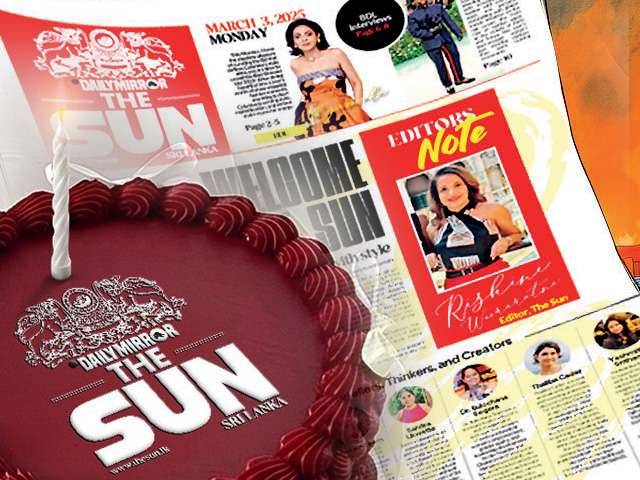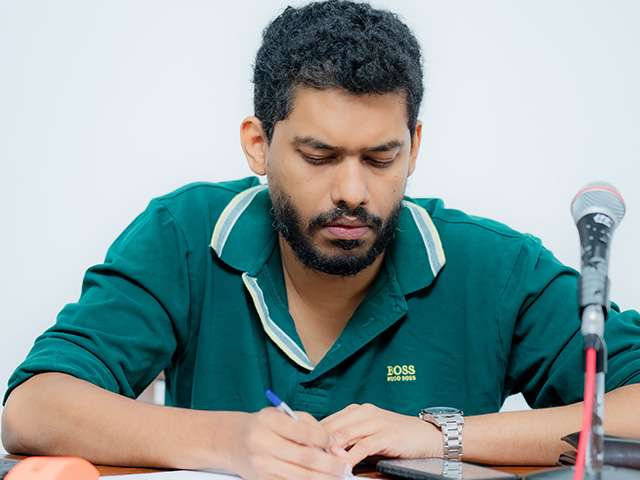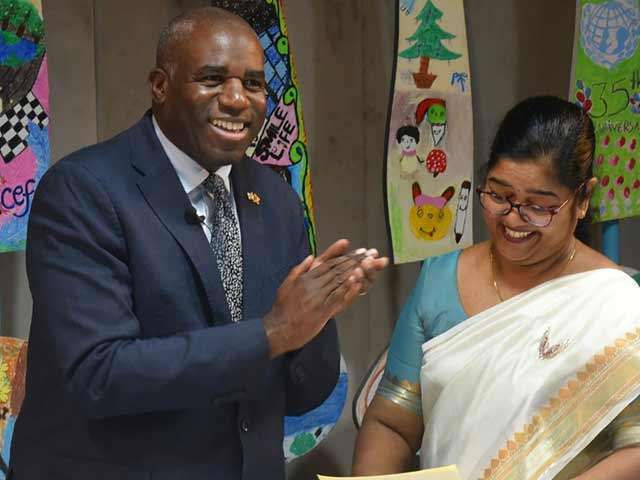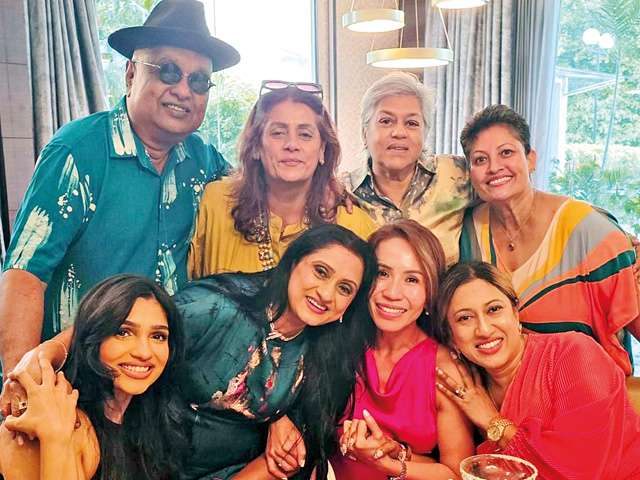Prince Andrew’s Relinquishment of Royal Titles: The Monarchy’s Moment of Reckoning
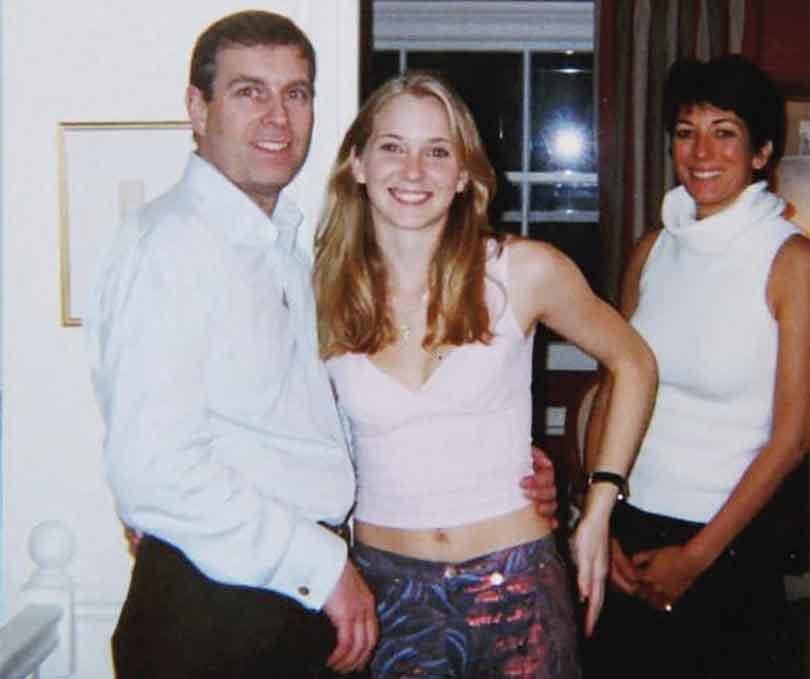
Prince Andrew, Virginia Giuffre and Ghislaine Maxwell
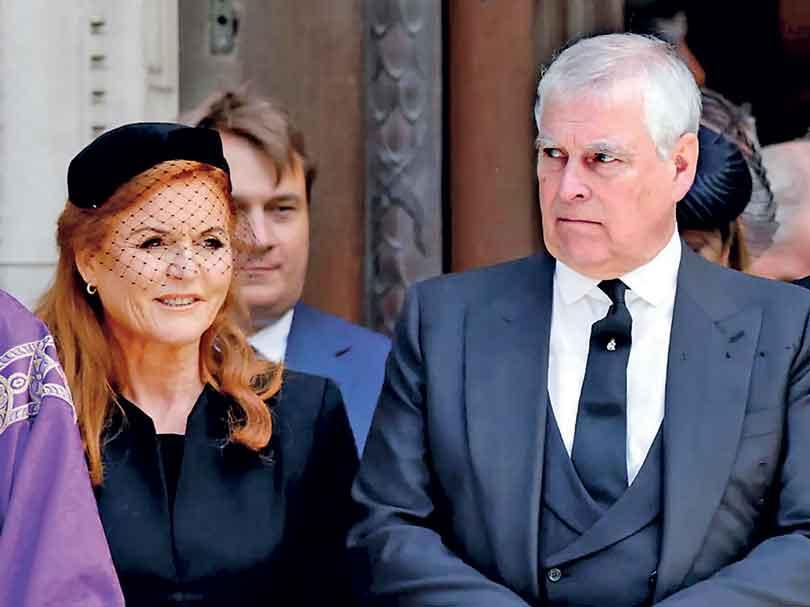
Sarah and Andrew
\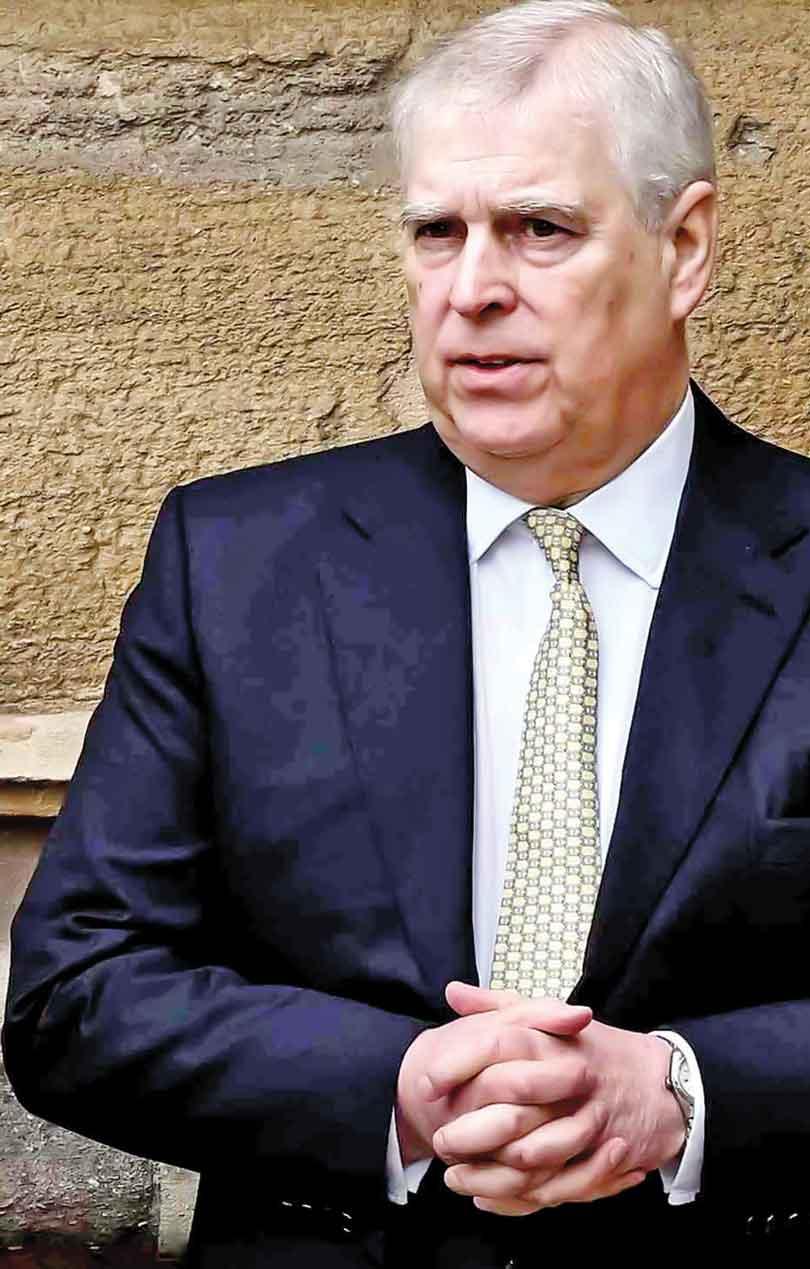
Prince Andrew
In one of the most consequential moves in modern royal history, Prince Andrew, the Queen’s second son, has agreed to stop using his peerage titles and honours, including the title Duke of York. The decision follows renewed public scrutiny and private discussions with King Charles III. Buckingham Palace confirmed the change on 17 October 2025, describing it as a step intended to protect the integrity of the monarchy and draw a definitive line under years of controversy. According to reports from Reuters and The Guardian, the announcement came after “lengthy family discussions” involving the King and other senior members of the Royal Family. The Palace stated that Prince Andrew would no longer use the title of Duke of York in any public or private capacity and would remain outside the circle of working royals. Although he technically retains the title by law, as removing it would require an act of Parliament, he will no longer use it in any formal setting. In a short statement released by his office, Prince Andrew said, “In discussion with The King and my immediate and wider family, we have concluded that the continued accusations about me distract from the work of His Majesty and the Royal Family.” His words suggested both an acceptance of his changed position and an acknowledgement of the damage caused to the monarchy’s public image.
A Decision Years in the Making
The Duke’s retreat from royal life has unfolded over several years. Once celebrated as a decorated naval officer and a confident representative of the monarchy abroad, Prince Andrew’s reputation began to deteriorate after his friendship with the late financier and convicted sex offender Jeffrey Epstein became public. Photographs of the two men walking together in New York’s Central Park in 2010, two years after Epstein’s conviction, provoked widespread outrage and questions about the Duke’s judgment. The controversy deepened in 2019 when Virginia Giuffre, one of Epstein’s accusers, filed a civil lawsuit in the United States alleging that she had been trafficked and forced to have sex with Prince Andrew when she was 17. He strongly denied the allegations but agreed to a settlement in 2022 without admitting liability. The settlement reportedly involved a multi-million-pound payment and a donation to Giuffre’s charity supporting victims of abuse. The episode left the monarchy facing one of its gravest reputational crises in decades. In an attempt to explain himself, the Duke gave a televised interview to BBC Newsnight in November 2019. Rather than rehabilitate his image, the interview was widely seen as disastrous. His insistence that he was at a Pizza Express restaurant in Woking on the night in question, and his claim that a medical condition left him unable to sweat, became objects of public disbelief and ridicule. Within days, major charities and organisations began severing ties with him, and Buckingham Palace announced that he would step back from public duties “for the foreseeable future.”
The Path to Stripping Titles
Following his withdrawal from public life, Prince Andrew was stripped of all military affiliations and royal patronages in January 2022, with the late Queen Elizabeth II personally approving the decision. However, he retained the style “His Royal Highness” and continued to use the title of Duke of York privately. This latest step, taken in 2025, effectively completes his removal from royal life.
The Palace’s announcement confirmed that Prince Andrew will not take part in any future royal engagements and will no longer appear in any official capacity. It also signalled a broader determination by King Charles to modernise the institution and reduce its exposure to controversy. The decision forms part of the King’s long-term plan to maintain a streamlined monarchy focused on duty, service and public accountability. Political reaction to the announcement was swift. The Member of Parliament for York Central called for greater transparency regarding the financial settlement in the Giuffre case and renewed calls for legislation to allow Parliament to revoke peerages in exceptional circumstances. Public opinion polls conducted by YouGov and cited by Reuters indicated that nearly two-thirds of respondents supported the removal of the Duke’s titles and agreed that his continued use of them had become untenable.
What the Decision Means
Prince Andrew’s agreement to cease using his titles represents an important symbolic gesture rather than a legal one. In practical terms, it removes any lingering suggestion that he might return to public life. He will remain a member of the Royal Family by birth, but his role will be strictly private. His daughters, Princess Beatrice and Princess Eugenie, retain their own titles and are not affected by this decision. For the monarchy, this move demonstrates a willingness to act decisively when its credibility is threatened. It underscores the Palace’s priority of preserving public trust, especially in the era of King Charles’s reign. Analysts have described the decision as both pragmatic and necessary, reflecting an awareness that the public’s tolerance for royal scandal has significantly diminished. In an era of heightened media scrutiny and social accountability, even the suggestion of impropriety can erode the monarchy’s moral authority.
A Personal and Institutional Reckoning
Prince Andrew’s life has changed beyond recognition. Once a popular royal and war veteran who served with distinction during the Falklands War, he now lives a largely secluded existence at Royal Lodge in Windsor Great Park. Reports suggest he remains deeply affected by his fall from grace and has privately expressed regret at the impact his actions have had on his family. Friends describe him as a man struggling to find purpose outside the institution that once defined him. For King Charles, the challenge has been to balance familial loyalty with institutional responsibility. His mother, Queen Elizabeth II, faced similar dilemmas but was known for her reluctance to take public disciplinary action against members of her family. King Charles has taken a more assertive approach, determined to ensure that the monarchy reflects modern standards of transparency and accountability. Removing his brother’s public titles is an unmistakable demonstration of that resolve.
A Public Divided
Public reaction to the decision has been mixed, though the majority view it as both justified and overdue. For many, the symbolism of Prince Andrew relinquishing his titles provides a measure of closure to a long-running scandal. Others see it as insufficient, arguing that true accountability would require Parliament to formally strip him of his peerage. In York, the city whose name is most directly associated with the title, residents have expressed relief that the connection is being severed. The title “Duke of York” holds deep historical resonance, dating back centuries, and local leaders have repeatedly urged the Palace to protect it from further controversy.
What Lies Ahead
Prince Andrew’s future remains uncertain. Without official duties, military roles or public patronages, he is likely to spend his remaining years in private life. There have been reports of his desire to re-enter public service through charitable work, but palace sources indicate that this is highly unlikely. The Royal Family, now focused on rebuilding public confidence, will seek to avoid reopening old wounds. For the institution itself, the episode has served as a painful reminder that royal privilege carries with it immense responsibility. The decision to remove Prince Andrew’s titles may set a precedent for how future controversies are managed. It also highlights the growing recognition that the survival of the monarchy depends not on birthright alone, but on integrity and accountability.
A Symbolic End to an Era
Prince Andrew’s relinquishment of his titles marks the final chapter in his transition from senior royal to private citizen. It is both a personal tragedy and a public necessity. For decades, he was known as a confident, sometimes brash figure who embodied the spirit of a modern monarchy. Today, he stands as a symbol of how swiftly reputation and privilege can vanish under the weight of public scrutiny. For King Charles III, the decision reflects a monarchy learning to evolve under pressure. By drawing a firm boundary between personal loyalty and public responsibility, the King has reinforced the principle that no member of the Royal Family is above accountability. For the British public, the move may finally bring a sense of resolution to a scandal that has long overshadowed the institution. Prince Andrew’s name will forever remain part of royal history, but the titles that once defined him will no longer shape his identity. His story is now a cautionary one: a reminder that honour, once lost, cannot simply be restored, and that even those born into the highest ranks of privilege must ultimately answer to the court of public opinion.

